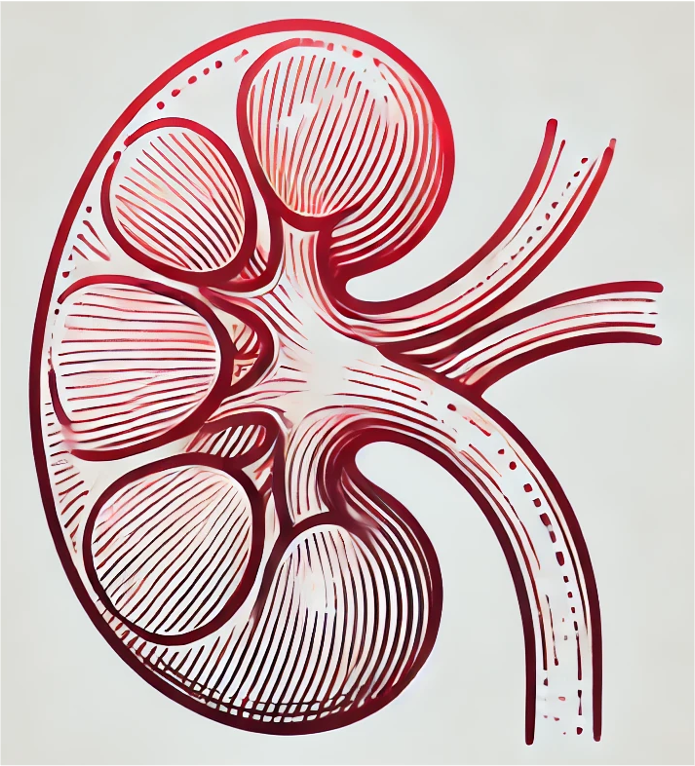Description
Chronic kidney disease is associated with progressive renal fibrosis, where perivascular cells give rise to the majority of -SMA positive myofibroblasts. We sought to identify pericytic miRNAs that could serve as a target to decrease myofibroblast formation. We induced kidney fibrosis in FoxD1-GC;Z/Red-mice by unilateral ureteral obstruction (UUO) followed by FACS sorting of dsRed-positive FoxD1-derivative cells and miRNA profiling. MiR-132 selectively increased 21-fold during pericyte-to-myofibroblast formation whereas miR-132 was only 2.5-fold up in total kidney lysates (both in UUO and ischemia-reperfusion injury). MiR-132 silencing in UUO decreased collagen deposition (35%) and tubular apoptosis. Immunohistochemistry, western blot and qRT-PCR confirmed a similar decrease in interstitial -SMA+ cells. Pathway analysis identified a rate-limiting role for miR-132 in myofibroblast proliferation that was confirmed in vitro. Indeed, antagomir-132 treated mice displayed a reduction in the number of proliferating, ki67+ interstitial myofibroblasts. Interestingly, this was selective for the interstitial compartment and did not impair the reparative proliferation of tubular epithelial cells, as evidenced by an increase in ki67+ epithelial cells, as well as increased (p-)RB1, Cyclin-A and decreased RASA1, p21 levels in kidney lysates. Taken together, silencing miR-132 counteracts the progression of renal fibrosis by selectively decreasing myofibroblast proliferation and could potentially serve as a novel antifibrotic therapy.
Overall Design
Total RNA obtained from FACS sorted mouse renal FoxD1-derivatve interstitial cells from mice that were treated with antagomir-132 or scramblemir and underwent UUO (n=4)
Curator
mj_li
